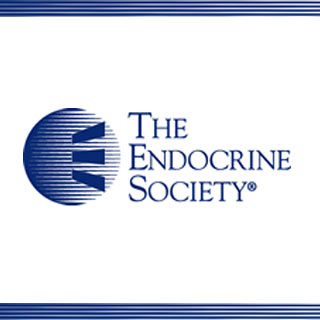
The new study included healthy non-obese adults specifically 13 men and 5 women. There were asked to view pictures of food on three different mornings particularly once after skipping breakfast and twice about 90 minutes after eating breakfast. High-calorie food pictures included cake, chocolate and pizza whereas low calorie food included salads, vegetables and fish. Participants rated how tempting they found each picture with the help of a keypad.
On one visit when the subjects ate breakfast they were injected with salt water 40 minutes before they could view the pictures and on the other visit they were injected with ghrelin. Neither the volunteers nor the investigators knew when and with what they were injected.
Experts observed that the appeal for low calorie food did not variate drastically between visits. When subjects ate breakfast and were injected with salt water their appeal of high calorie food was similar to low calorie food. However when they fasted and were injected with ghrelin after eating breakfast they had a greater appeal towards high calorie foods particularly sweet foods.
Tony Goldstone, MD, PhD, a consultant endocrinologist with the MRC Clinical Sciences Centre at Imperial College London in the U.K reveals, “Ghrelin mimicked fasting in biasing food appeal toward high-calorie foods. Changes in which foods we prefer to eat when missing meals may be explained by changes in the levels of ghrelin in our blood to help regulate our overall calorie intake.â€
When subjects rated how much the food pictures tempted them, experts obtained functional magnetic resonance images of the brain activity. Observing these pictures may enable them to spot the brain reward system through which ghrelin affects food favoritism.
These findings will be presented at The Endocrine Society’s 92nd Annual Meeting in San Diego.
